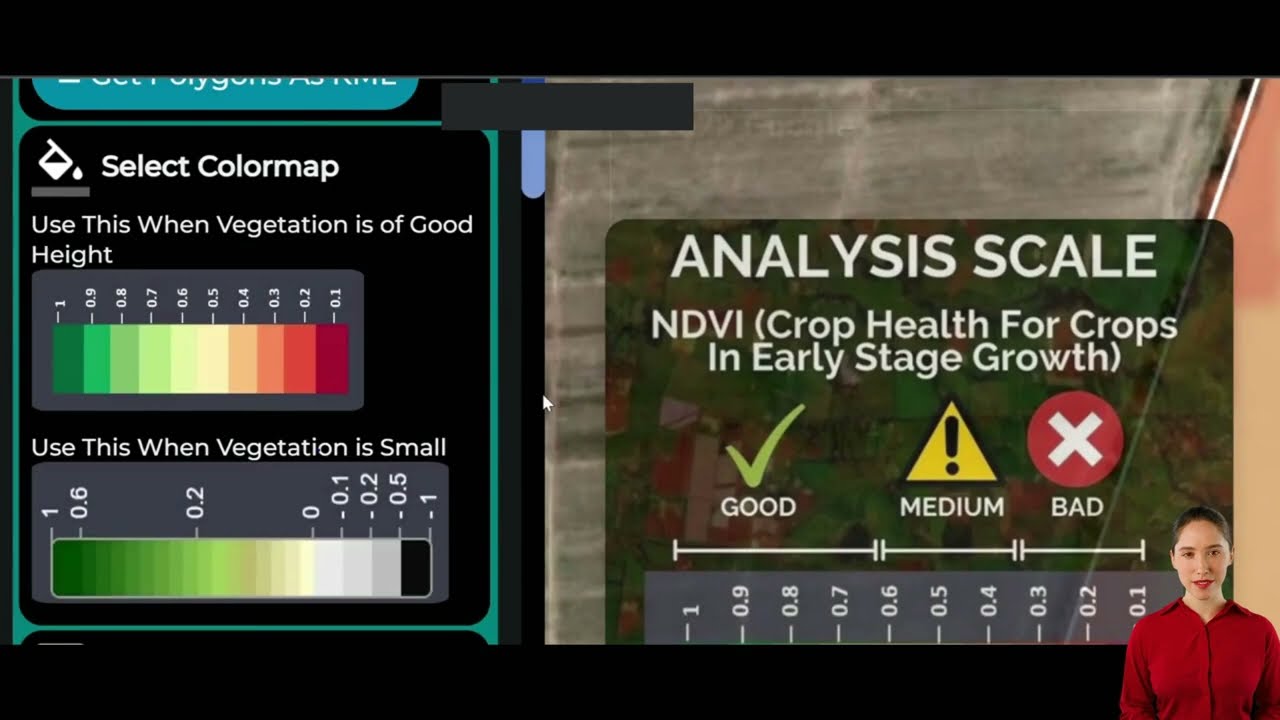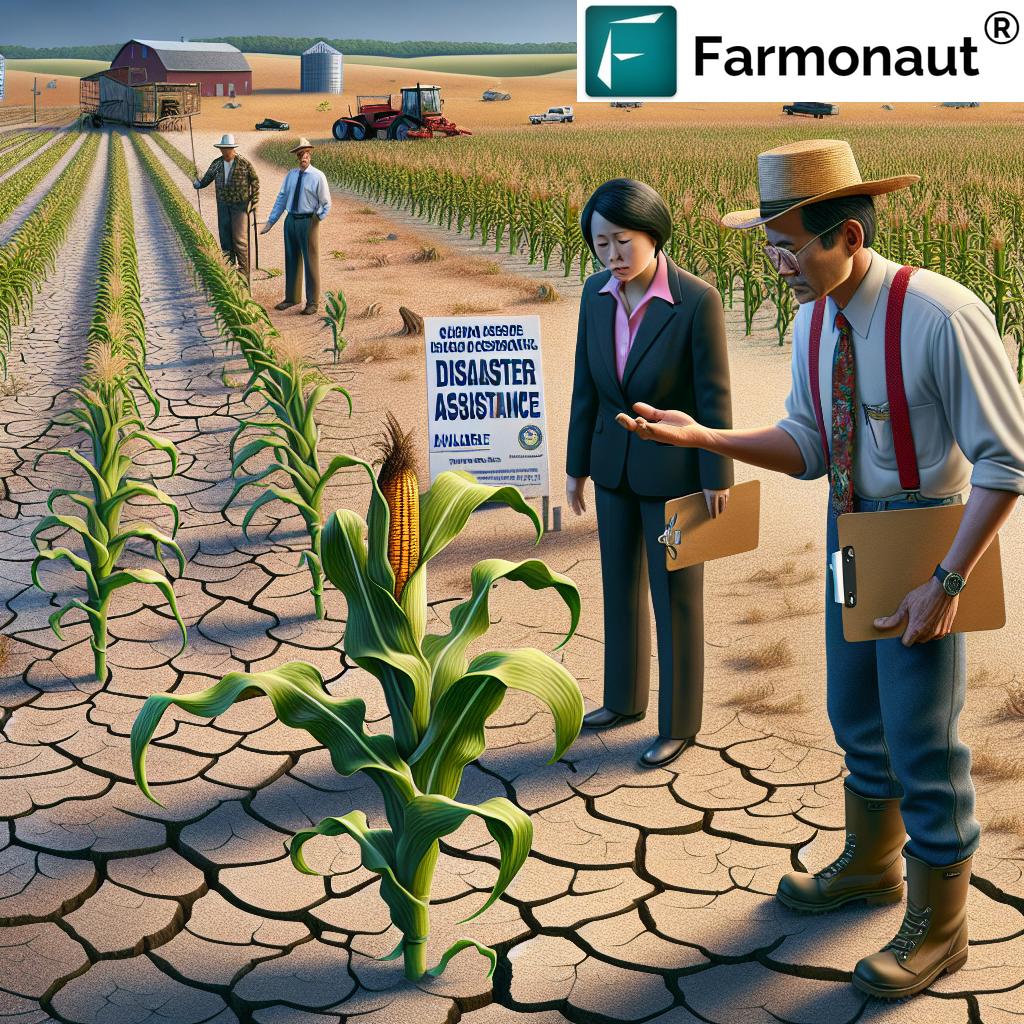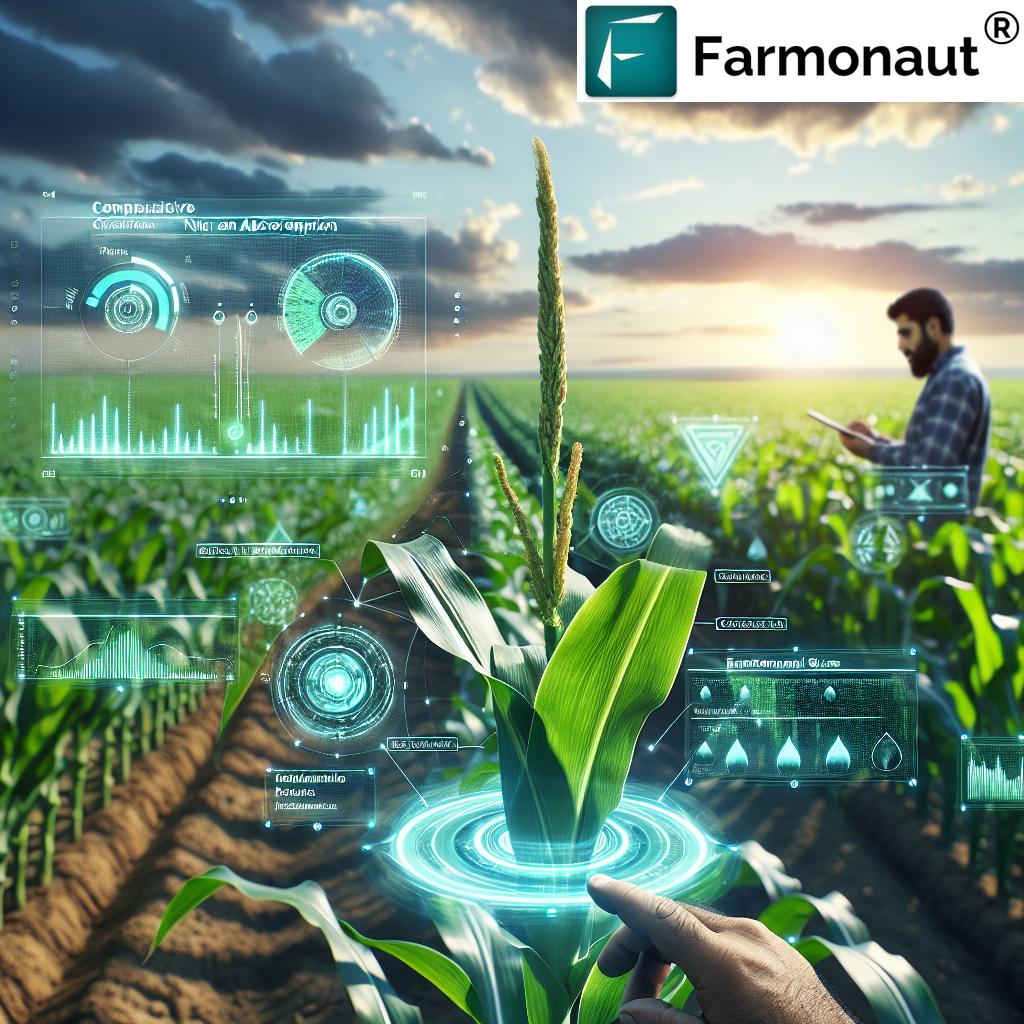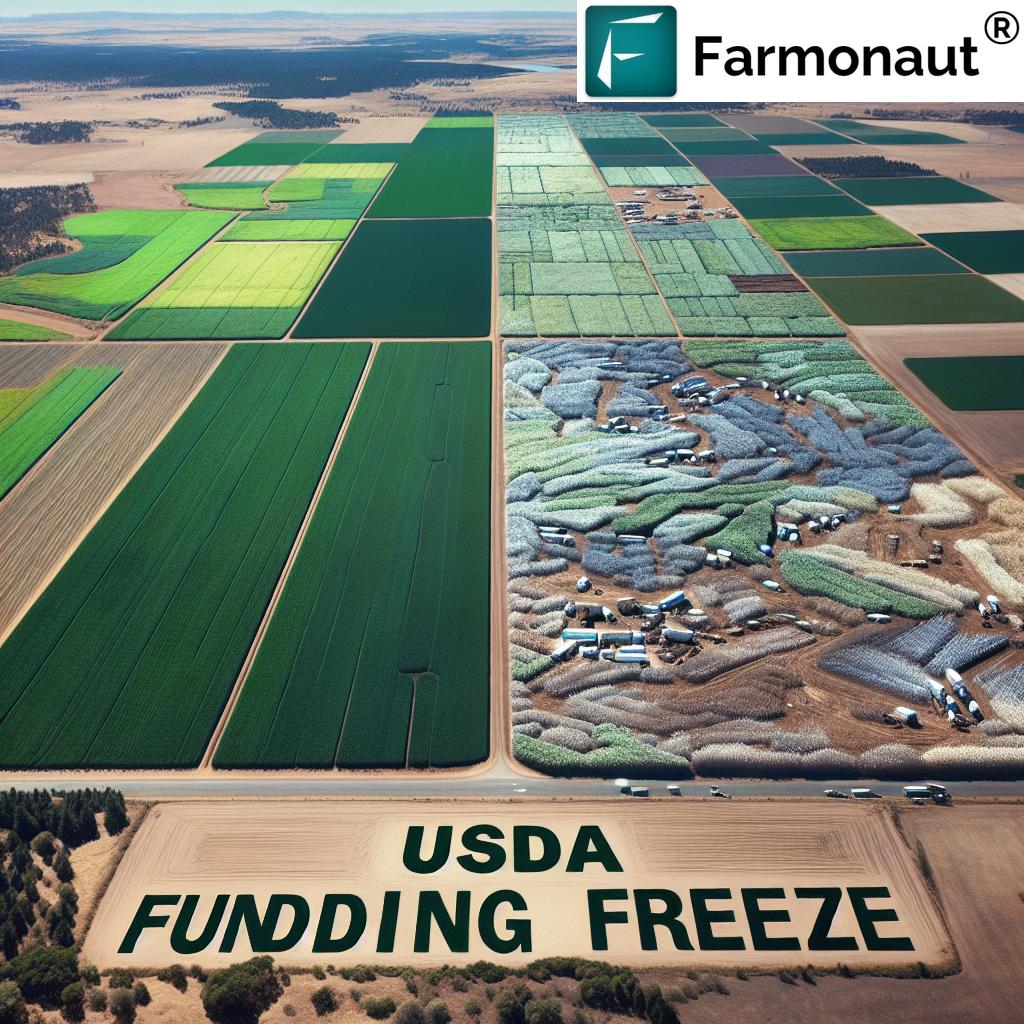Farm to School Success: Vermont’s Westminster Center Celebrates Sustainable Harvest Meal
“Westminster Center’s Harvest Meal served over 400 attendees with locally-sourced ingredients from within a 20-mile radius.”
In the heart of Vermont, a remarkable celebration of sustainable agriculture and community spirit recently took place at Westminster Center School. We’re excited to share the story of their annual Harvest Meal, an event that exemplifies the power of farm to school programs and local food sourcing in transforming the way we think about nutrition in educational settings.
The Tradition of Farm-Fresh School Lunches
For over two decades, Westminster Center School has been at the forefront of the farm to school movement, nurturing a tradition that goes beyond mere sustenance. This year’s Harvest Meal was a testament to the school’s unwavering commitment to providing nutritious, locally-sourced meals to its students and the broader community.
As we delve into the details of this extraordinary event, it’s important to recognize the significance of such initiatives in promoting sustainable agriculture education and fostering strong community ties. The Harvest Meal serves as a shining example of how schools can play a pivotal role in supporting local farmers, educating young minds about the importance of sustainable food systems, and bringing people together through the shared experience of a wholesome meal.
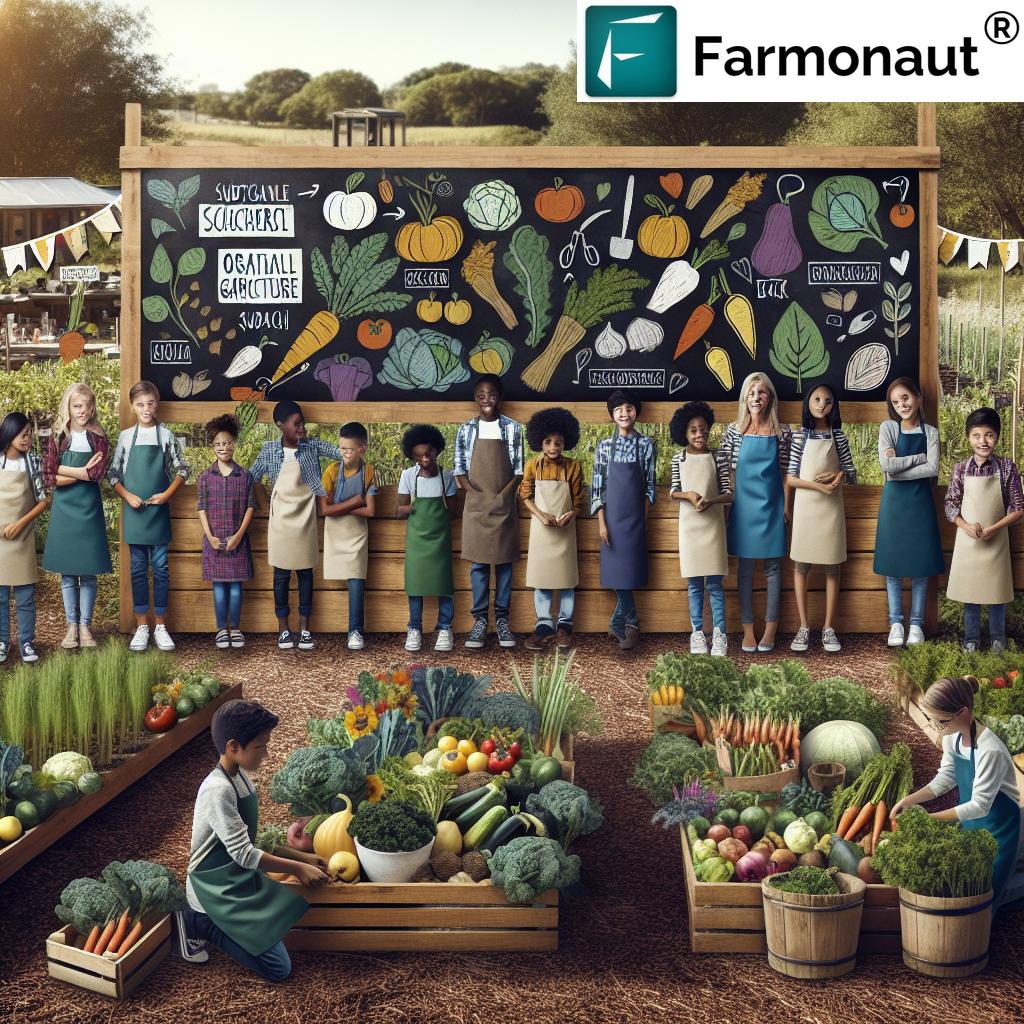
A Community Gathering Like No Other
This year’s Harvest Meal saw an impressive turnout of around 400 attendees, including 127 students, their families, staff, and community members. The school gymnasium was transformed into a vibrant dining hall, buzzing with excitement and the aroma of freshly prepared, farm-fresh dishes.
The event’s success is a testament to the power of community collaboration and the growing interest in sustainable, locally-sourced food. By bringing together students, families, local farmers, and school staff, Westminster Center School has created a model for community engagement that goes beyond the typical school event.
From Farm to Table: A Culinary Journey
At the heart of the Harvest Meal was an impressive menu that showcased the best of Vermont’s local produce. Led by chef Thristan Coke, the school’s kitchen team crafted a selection of dishes that not only delighted the taste buds but also educated attendees about the diversity and quality of locally-grown ingredients.
- Turkey Stew: Featuring turkey sourced from nearby Stonewood Farm, this hearty dish embodied the farm-to-table ethos.
- Maple Butternut Squash Soup: A perfect blend of local butternut squash and Vermont’s famous maple syrup, highlighting the state’s agricultural heritage.
- Kale Caesar Salad: Made with fresh kale from Harlow Farm, this nutritious salad demonstrated the versatility of locally-grown greens.
What made this menu truly special was its emphasis on ingredients sourced from within a 20-mile radius of the school. This commitment to local sourcing not only ensured the freshness of the meals but also significantly reduced the carbon footprint associated with food transportation.
The School Garden: A Living Laboratory
One of the most impressive aspects of Westminster Center School’s farm to school program is its extensive garden. Measuring 60 by 90 feet, this garden is more than just a source of fresh produce for the school kitchen; it’s an invaluable educational tool that brings the concept of sustainable agriculture to life for students.
Mandy Walsh, the school librarian and Farm to School coordinator, emphasizes the garden’s role in connecting students with the food production process. By actively participating in planting, tending, and harvesting crops, students gain hands-on experience and a deeper appreciation for the journey food takes from seed to plate.
“The school’s farm to school program incorporates produce from their own garden, showcasing 100% local ingredients in the annual meal.”
Community Involvement: The Secret Ingredient
The success of the Harvest Meal is largely attributed to the incredible support from families and the local community. Parents and guardians contributed homemade desserts, adding a personal touch to the meal. Students were actively involved in the preparations, decorating tables and even baking bread, fostering a sense of ownership and pride in the event.
This level of community involvement not only enhances the quality of the meal but also strengthens the bonds between the school and the families it serves. It’s a powerful demonstration of how farm to school programs can serve as a catalyst for community building and engagement.
The Impact of Local Food Sourcing
To better understand the significance of Westminster Center School’s commitment to local food sourcing, let’s take a look at a comparative table showcasing the benefits of local versus non-local school meal ingredients:
| Ingredient Type | Local Source (within 20-mile radius) | Non-Local Source | Estimated Food Miles | Nutritional Value | Environmental Impact | Support for Local Economy |
|---|---|---|---|---|---|---|
| Vegetables (e.g., Kale) | Harlow Farm | Out-of-state distributor | <20 vs. 500+ | High vs. Medium | Low vs. High | Yes vs. No |
| Fruits (e.g., Apples) | Local orchards | National supplier | <20 vs. 1000+ | High vs. Medium | Low vs. High | Yes vs. No |
| Dairy (e.g., Milk) | Nearby organic farm | Large-scale dairy processor | <20 vs. 300+ | High vs. Medium | Low vs. Medium | Yes vs. No |
| Meat (e.g., Turkey) | Stonewood Farm | Industrial poultry supplier | <20 vs. 800+ | High vs. Medium | Low vs. High | Yes vs. No |
As we can see from this comparison, the benefits of local sourcing extend far beyond just freshness. The reduced food miles contribute significantly to lowering the environmental impact, while the higher nutritional value of fresh, locally-grown produce directly benefits the health of students and community members.
Overcoming Challenges: A Community Effort
Organizing an event of this scale is no small feat, especially when dealing with the complexities of local food sourcing. The kitchen staff at Westminster Center School began preparations well in advance, coordinating with local farms to ensure a steady supply of ingredients.
One of the challenges faced was the need to resume the event after a two-year hiatus due to the COVID-19 pandemic. However, Principal Liz Harty emphasized that there was never a question of discontinuing this cherished tradition. The school’s commitment to the event speaks volumes about the value they place on community connections and sustainable agriculture education.
The Evolution of a Tradition
What started over two decades ago as a standard Thanksgiving dinner has evolved into a broader harvest celebration. This shift reflects a growing awareness of the importance of sustainable agriculture and local food systems. The Harvest Meal now serves as a platform for expressing gratitude not just for the food itself, but for the entire ecosystem of local farmers, school staff, and community members who make it possible.
Principal Harty notes that this evolution has allowed the event to become more inclusive and educational. By focusing on locally-grown and harvested foods, the school is able to highlight the diverse agricultural offerings of the region and teach students about the seasonality of different crops.
Nutrition Programs: A Cornerstone of Student Well-being
The Harvest Meal is just one component of a broader commitment to nutrition and sustainable food practices at Westminster Center School. As part of the Windham Northeast Supervisory Union, the school places a strong emphasis on providing healthy meals to students throughout the year.
Mandy Walsh, in her role as Farm to School coordinator, works tirelessly to integrate locally-grown food into the school’s regular meal program. This ongoing effort ensures that students have access to nutritious, sustainably-sourced meals on a daily basis, not just during special events.
The Role of Technology in Sustainable Agriculture Education
While Westminster Center School’s approach to farm to school programs is rooted in hands-on experiences and community connections, it’s worth noting that technology can play a significant role in enhancing sustainable agriculture education. Innovative solutions like those offered by Farmonaut can provide valuable tools for schools looking to implement or expand their farm to school initiatives.
Farmonaut’s satellite-based farm management solutions could potentially be used to:
- Monitor the health of school gardens in real-time
- Provide students with insights into crop growth patterns
- Teach principles of precision agriculture
- Demonstrate the impact of weather patterns on local food production
By integrating such technologies into their curriculum, schools can offer students a more comprehensive understanding of modern sustainable farming practices.
A Model for Other Schools
Westminster Center School’s success with its farm to school program and the annual Harvest Meal serves as an inspiration for other educational institutions. The school has demonstrated that with dedication, community support, and a focus on local resources, it’s possible to create a sustainable, nutritious meal program that benefits students, local farmers, and the broader community.
Key takeaways for schools looking to implement similar programs include:
- Establishing partnerships with local farms and food producers
- Involving students in the growing and preparation of food
- Educating the community about the benefits of local food sourcing
- Integrating sustainable agriculture education into the curriculum
- Hosting community events that celebrate local food and agricultural heritage
The Broader Impact: Beyond the School Grounds
The success of Westminster Center School’s farm to school program extends far beyond the immediate benefits to students and their families. By supporting local agriculture, the school is contributing to the economic vitality of the region. This support helps to preserve farmland, maintain rural communities, and ensure a sustainable local food system for future generations.
Moreover, by educating students about sustainable agriculture and the importance of local food systems, the school is nurturing the next generation of informed consumers and potential farmers. This long-term impact cannot be overstated in an era where sustainable food production is becoming increasingly crucial.
The Future of Farm to School Programs
As we look to the future, the potential for growth and innovation in farm to school programs is enormous. Schools like Westminster Center are leading the way, showing how these initiatives can be successfully integrated into the educational experience. With the support of technology and growing awareness about the importance of sustainable food systems, we can expect to see more schools adopting similar programs.
The benefits of these programs are clear:
- Improved student nutrition and health
- Enhanced understanding of food systems and agriculture
- Stronger connections between schools and local communities
- Support for local economies and sustainable farming practices
- Reduced environmental impact of school food programs
As these benefits become more widely recognized, we can anticipate increased support for farm to school initiatives at the local, state, and national levels.
Conclusion: A Recipe for Success
The annual Harvest Meal at Westminster Center School is more than just a dinner; it’s a celebration of community, sustainability, and education. By bringing together students, families, local farmers, and school staff, this event exemplifies the power of farm to school programs to create lasting positive change.
As we’ve seen, the benefits of such initiatives extend far beyond the school cafeteria. They support local economies, promote environmental sustainability, and foster a deeper connection between communities and their food sources. The success of Westminster Center School serves as an inspiration and a roadmap for other schools looking to implement similar programs.
In an era where the importance of sustainable food systems is becoming increasingly apparent, initiatives like these are not just beneficial – they’re essential. By educating the next generation about the value of locally-sourced, sustainably-produced food, we’re investing in a healthier, more sustainable future for all.
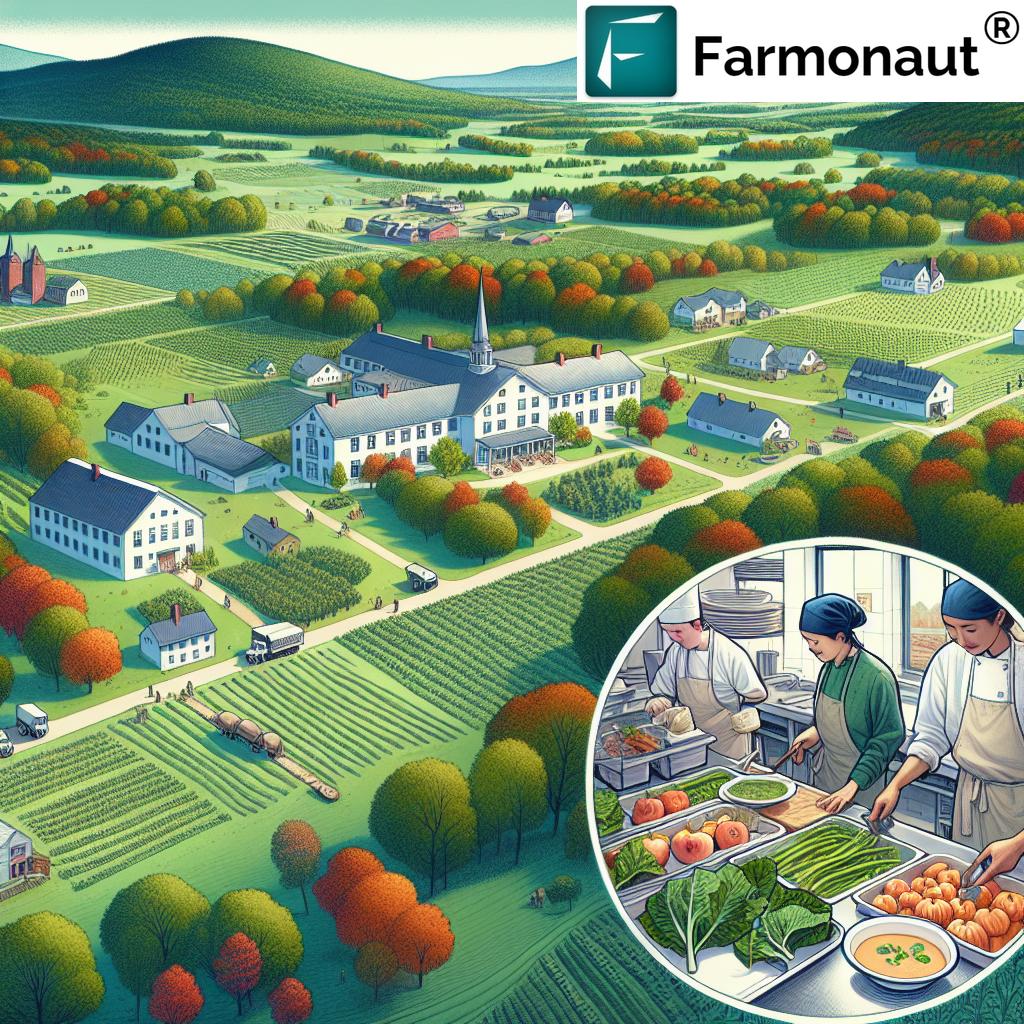
FAQ Section
Q: What is a farm to school program?
A: A farm to school program is an initiative that connects schools with local farms to provide fresh, locally-grown foods in school meals, while also offering educational opportunities about agriculture, nutrition, and sustainability.
Q: How does the Westminster Center School source its ingredients for the Harvest Meal?
A: The school sources ingredients primarily from within a 20-mile radius, including produce from their own extensive garden and local farms like Stonewood Farm and Harlow Farm.
Q: How long has the Harvest Meal tradition been running at Westminster Center School?
A: The Harvest Meal tradition at Westminster Center School has been ongoing for over two decades, evolving from a standard Thanksgiving dinner to a broader harvest celebration.
Q: How does the school involve students in the Harvest Meal event?
A: Students actively participate by decorating tables, baking bread, and helping with various aspects of meal preparation. They also learn about food production through the school’s garden program.
Q: What are some of the benefits of sourcing food locally for school meals?
A: Benefits include fresher, more nutritious food, support for local economies, reduced environmental impact due to shorter transportation distances, and educational opportunities for students about local agriculture and food systems.




